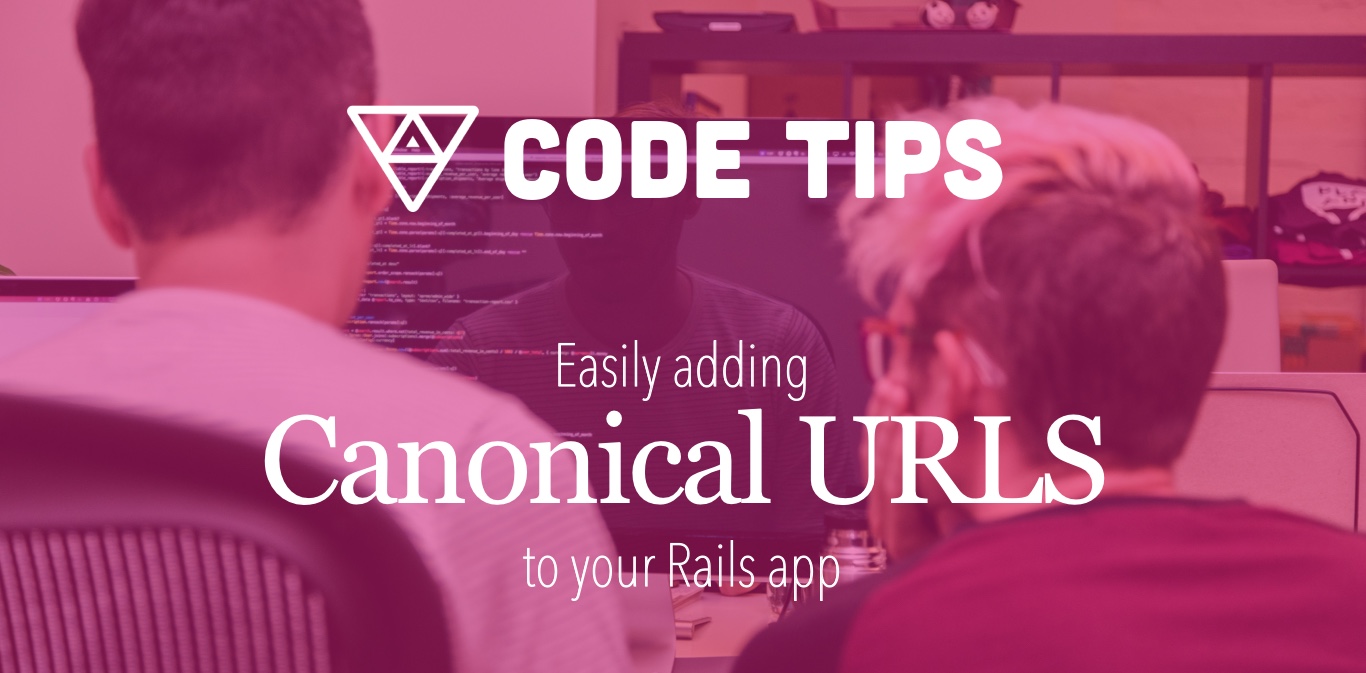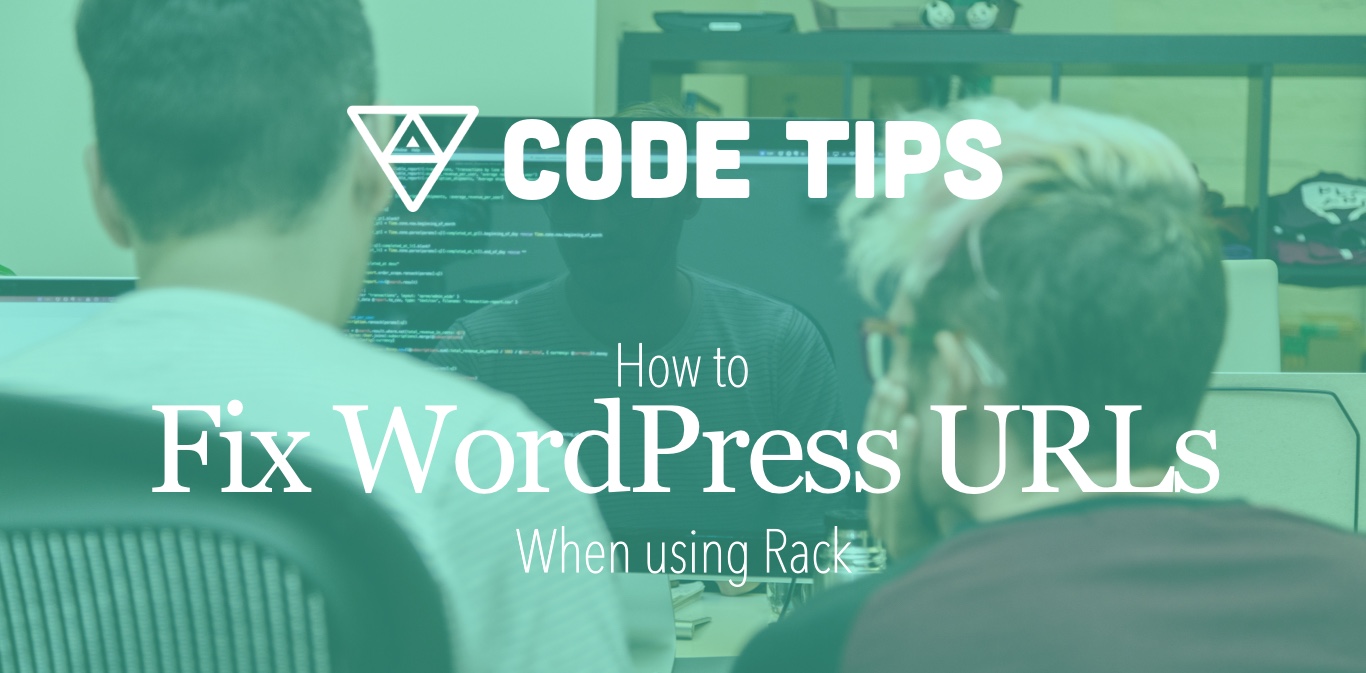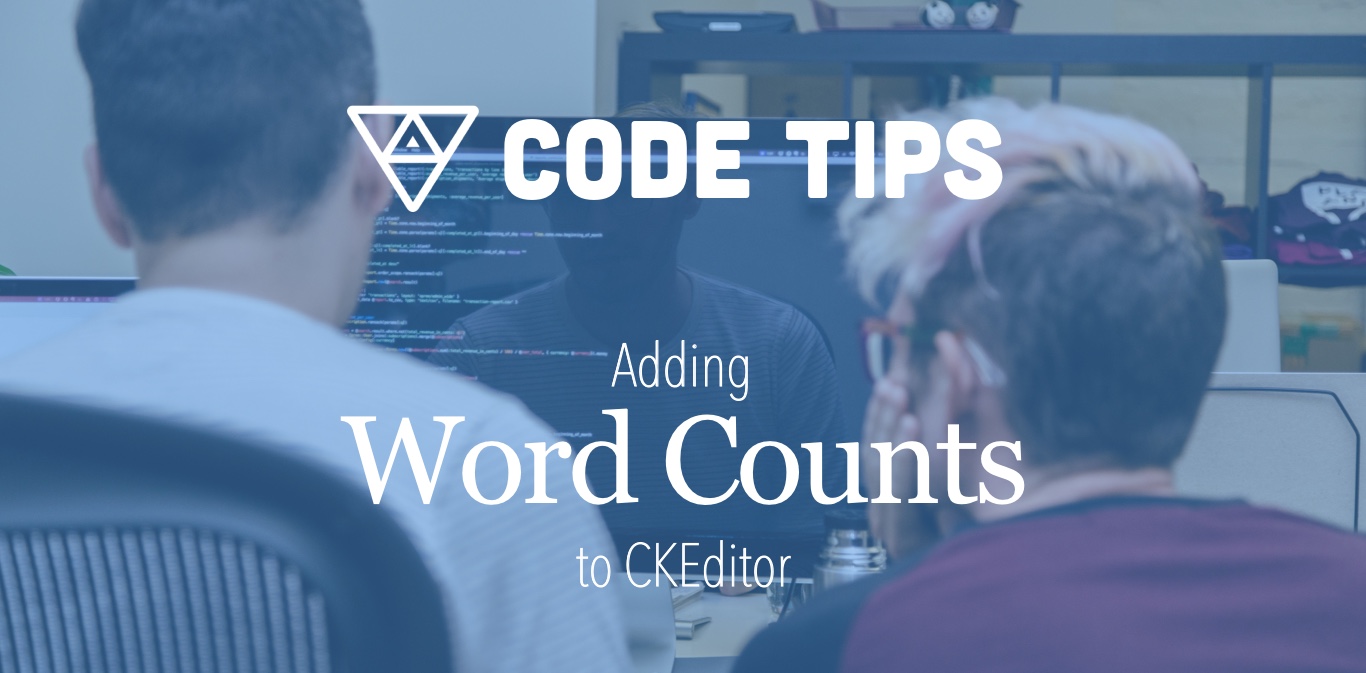
There has been a lot of talk lately about canonical URLs and how Google and other search engines would really prefer if you would use them. So, what is a canonical URL and why should you use them?
4 Apr 2014

There has been a lot of talk lately about canonical URLs and how Google and other search engines would really prefer if you would use them. So, what is a canonical URL and why should you use them?
28 Mar 2014
What we’re talking about
28 Mar 2014
It’s time to take the pulse of the Ruby on Rails hosting ecosystem again.
28 Mar 2014
An overview of how we're using Capybara Webkit to mock Chargify for a Ruby on Rails application.
27 Mar 2014

In my last article I detailed how to run PHP through a Rack server. This works fairly well until you try to sign into the Wordpress admin section.
The problem is that Wordpress stores site URLs in the database and it will use these for some redirections. Luckily, with a few Rake tasks you can painlessly override them.
26 Mar 2014
We work primarily in Ruby on Rails, but every once and a while a client will need us to fix a critical bug in an existing PHP/Wordpress app that is slated to be deprecated.
We use Pow on our development machines. This is great for developing Rails applications but it does't play so well with other stacks that require port 80 to run.
There are some instructions out on the web that show you how to use Apache in conjunction with Pow so that both apps can be served simultaneously. This seemed like a little too much overhead, so I started poking around for a solution.
Did you know that PHP comes with an embedded web server? Yup, it's built in as of PHP 5.4 and OS X Mavericks comes with it pre-installed. If you're looking for a newer version, you can install 5.5 using homebrew-php.
Now that we don't need Apache to run PHP, we'll need something to proxy requests back to our embedded server. For this, I used Rack.
I setup a simple Gemfile with the following gems:
gem 'rack'
gem 'rack-legacy'
Then it's time to create our rackup file. Create a file titled config.ru and add the following:
require 'rubygems'
require 'bundler'
Bundler.setup
require 'rack'
require 'rack-legacy'
use Rack::ShowExceptions
use Rack::Legacy::Index
use Rack::Legacy::Php
run Rack::File.new Dir.getwd
That's it! Place this file into the root of your PHP project and you should be able to call rackup from the terminal to start the Rack server. By default this will be at http://0.0.0.0:9292.
There is one caveat though. At this time, Rack Legacy, will only respond to requests if it thinks that it's a valid PHP file.
From the Rack Legacy library this is called before a request is proxied:
def valid? path
return false unless path =~ /\.php/
path = path[1..-1] if path =~ /^\//
path = path.split('.php', 2)[0] + '.php'
path = ::File.expand_path path, @public_dir
::File.file? path
end
In our case this wasn't working for us because of the way that pretty URLs were being handled by Wordpress. In order to get around that, I monkey-patched Rack Legacy to simply pass all requests back to PHP.
Here is what I added to the config.ru file to make this happen:
class Rack::Legacy::Php
def valid? path
return true
end
end
With that change, the Wordpress site was working as expected.
14 Mar 2014
Topics discussed in the chat room this week
4 Mar 2014

In a project we’re currently working on, we created a form builder that could publish complex forms that include features such as:
4 Mar 2014

Several months ago, our team left Campfire and entered HipChat for all internal conversations project, team, or cute kitten related. There are a few great things about using HipChat, but one of my favorite’s as a designer is this; adding a swatch of any HEX code. This feature not only provides my teammate with the code to add for a color, but also provides more context when we are collaborating. It’s a small thing, but sometimes, the small things just make life a little better.
What are the small things you like about the tools you use?
28 Feb 2014
Topics discussed in the chat room this week
Have a project that needs help?